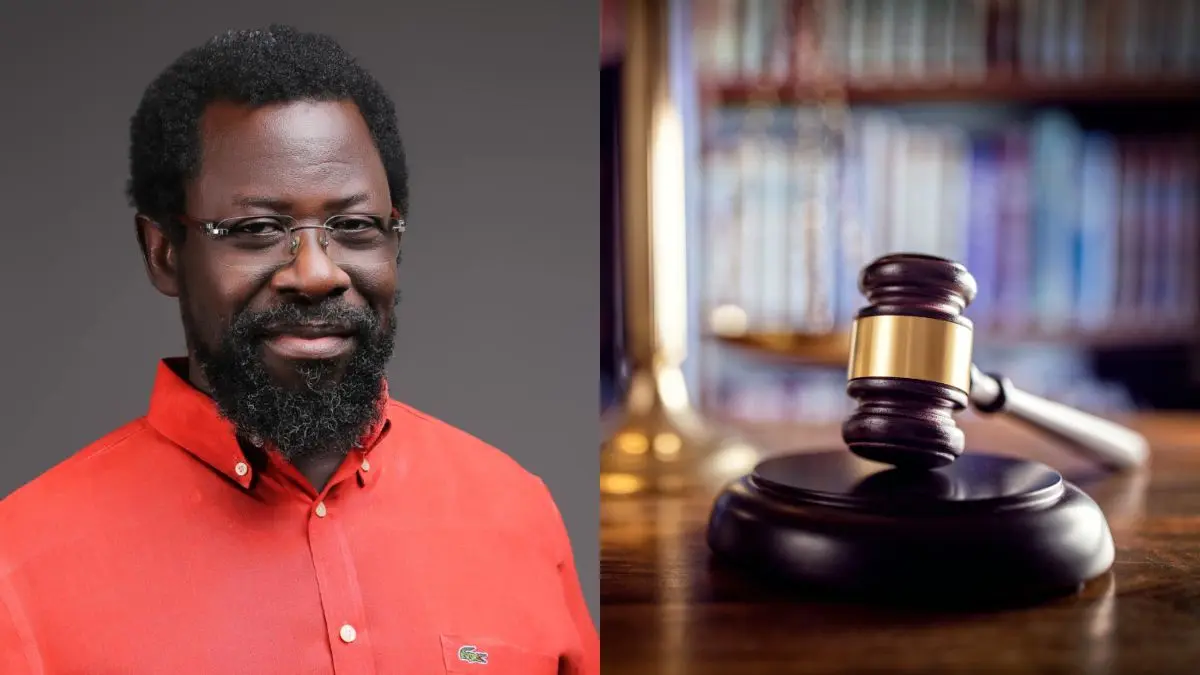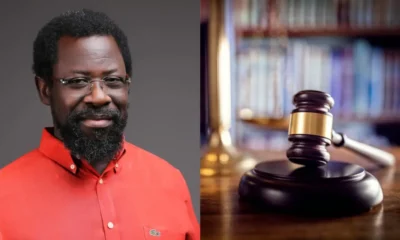Acting President, Yemi Osinbajo, and the National Assembly are heading for a major showdown, following the former’s refusal to sign four bills earlier passed by the latter into law.
Acting President, Professor Yemi Osinbajo had written to Senate President, Bukola Saraki, informung him of his decision to withhold assent to the National Lottery Amendment Bill, Dangerous Drug Amendment Bill; Agriculture Credit Guarantee Scheme Fund and Currency Conversion Bill, earlier passed by the National Assembly.
He said his action was in “pursuant to 68 (4) of the constitution of the Federal Republic of Nigeria 1999, as amended.”
Following this, federal lawmakers have said they may invoke their constitutional power and override the acting president’s veto. If they do this, the bills will become laws, on the approval of two-third majority of the National Assembly.
The acting president, in one of the letters read by Saraki, rejected the National Lottery Amendment Bill on the grounds that there was a pending legal case in court. He questioned the competence of the National Assembly to legislate on the matter.
He wrote: “The rationale for withholding assent to the bill is the existence of pending legal challenge to the competence of the National Assembly to legislate on the subject matter.”
On the Dangerous Drug Amendment Bill, the acting president said he withheld his assent as a result of certain words and phrases that may be inconsistent with the spirit behind the amendment. “The rationale for withholding assent to the bill are the concerns, regarding certain words and phrases utilised in the draft bill that may be inconsistent with the principal act and the spirit behind the proposed amendments,” Osinbajo wrote in the letter.
Osinbajo noted that he rejected the bill on Agriculture Credit Guarantee Scheme Fund, as a result of funding concerns and composition of the board.
He noted: “The reasons for withholding assent to the bill are the concerns surrounding board composition, funding arrangements, limitation of liability of funds and proposal to increase levels of uncollateralised loans from N5,000 to N250,000.”
He gave a similar reason for rejecting the Currency Conversion Bill, thus: “The rationale for withholding assent to the bill is the concern, regarding the modalities for the communication of asset forfeiture orders.”
In a point-of-order, Senator Dino Melaye, who sponsored the National Lottery Amendment Bill, quoted extensively from the 1999 Constitution. He claimed the acting president and the executive branch of government do not have the powers to reject bills passed by the National Assembly.
“The role of the executive is to carry out its traditional role by signing any bills passed by the National Assembly,” Melaye claimed.
The senator said the action of the acting president, if allowed to stand, would signal a grave danger to democracy in the country. He said it would also undermine the powers of the parliament.
Saraki, who read the four letters, said the decision of the acting president would be examined by the legal team of the Senate, which would revert to the Senate immediately.
He said the four bills were too important to let go, adding that once the legal team was done with the review, the Senate will decide on the way forward, as to whether or not to override the acting president.
He said: “I think we will refer this to our legal department to give us advice on the interpretation of some of the things that you (Melaye) have said for us to be properly guided.
“But I agree with you that it is a matter that we must take seriously because it goes down to the issue of separation of powers. We will get the opinion of the legal department,”
Meanwhile, Speaker of the House of Representatives, Yakubu Dogara, yesterday hinted to the possibility of the National Assembly overriding the veto of the president if it discovers that the reasons listed by Osinbajo for withholding assents on the bills were not compelling enough.
Dogara, who informed members of the House on the acting president’s refusal to assent to the bills, mandated the House Committee on Justice and other relevant committees to scrutinise the basis for Osinbajo’s decision.
He observed that the House would be left with no option but to rally the required support to override the acting president on the bills, if the need arises.
Speaking on the issue, House Majority Leader, Femi Gbajabiamila, advised that the House read through the acting president’s observation before taking a final stand on the bills.
Also speaking during the weekly briefing of the House Committee on Media and Public Affairs, chairman of the committee, Abdulrazak Namdas, commended the acting president for taking time to explain the reasons behind his refusal to assent to the four bills. “The House will look at the reasons given by the acting president for not assenting to the bills. If they are genuine, there is no problem, but if we discover that there are other reasons that we must override the veto, we will take decision on that.”

 LIFESTYLE7 days ago
LIFESTYLE7 days ago
 MUSIC6 days ago
MUSIC6 days ago
 MOVIES6 days ago
MOVIES6 days ago
 ENTERTAINMENT6 days ago
ENTERTAINMENT6 days ago
 SPORTS6 days ago
SPORTS6 days ago
 TRAVEL4 days ago
TRAVEL4 days ago
 HEALTHY LIVING4 days ago
HEALTHY LIVING4 days ago
 ARTS & CULTURE4 days ago
ARTS & CULTURE4 days ago




































